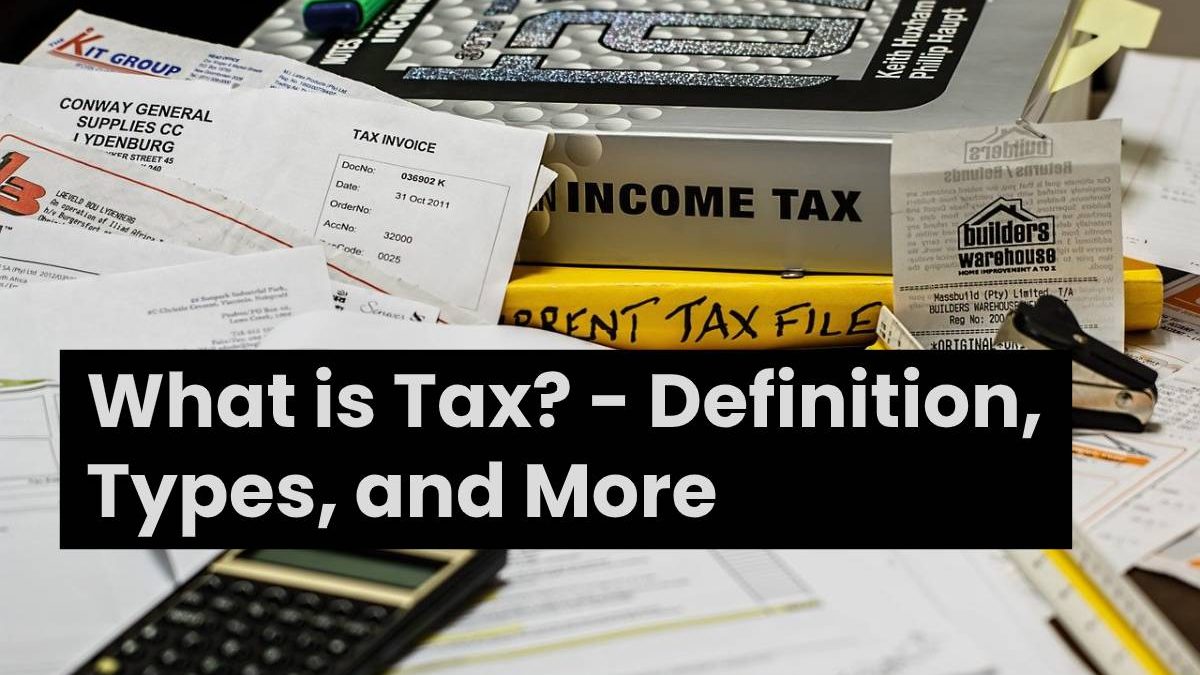Table of Contents
Definition Tax
A tax is an enforced levy imposed upon a taxpayer by a governmental organization to fund various public expenditures. A failure to pay, along with evasion of or resistance to taxation, is punishable by law.
It is a levy or the amount of money that we pay to the State, the autonomous community, and the municipality. The obligatory nature of taxes is liable for legal persons. These contribute to public finances, finance the expenses of the State, and other entities, as well as public services.
Among the public services is the construction of infrastructure (electrical, roads, airports, ports), providing public health services, education, defense, social protection systems (unemployment, disability benefits or occupational accidents), etc.
Also read: What is Advertising? – Definition, Benefits, Techniques, And More
Taxation
The regulation of taxes is familiar as the tax system or taxation.
There are different types of taxes.
Direct taxes
These taxes are paid periodically and individually to individuals or legal entities on their assets and economic income. Among them, we can mention the following:
- Income tax;
- wealth tax;
- rural and urban contribution
- inheritance tax
- vehicle ownership taxes animal taxes, etc.
The Individuals Income Tax is the type of lien that a person must pay each year to the public treasury for all their income.
Indirect taxes
Indirect taxes are those that apply to consumer goods or services, which adds to the price of the goods. As in the case of Value Added Tax (VAT).
The VAT is the basic tax of indirect taxation, which affects consumption and is necessary on the occasion of the delivery of goods, transactions. And services performed in the development of a business or professional activity. As well as in the allegations of product.
Progressive and regressive taxes
Progressive taxes are those that to calculate them apply a percentage, a rate, or a tax rate, which grows more than proportionally by increasing the base, for example, income.
Regressive taxes are those whose rates decrease as the base on which it applies increases.
Objective and subjective taxes
Objective taxes are those that get levied on the wealth of an individual without taking into account the economic and personal circumstances of the individual.
On the contrary, subjective taxes are those that are attenuated or modulated according to the circumstances of the individuals. For example, those cases in which a person must pay income tax. But the total amount reduces by their family burden, the presence of a disability, etc.
Instant taxes and periodic taxes
Instant taxes are those that get paid as a single act, derived from a specific service. For example, the purchase of a property.
Periodic taxes are all those that are to pay regularly and indefinitely. An example of them is income tax (ISR).
Also read: What is Geometry? – Definition, Origin, Terms, and More

